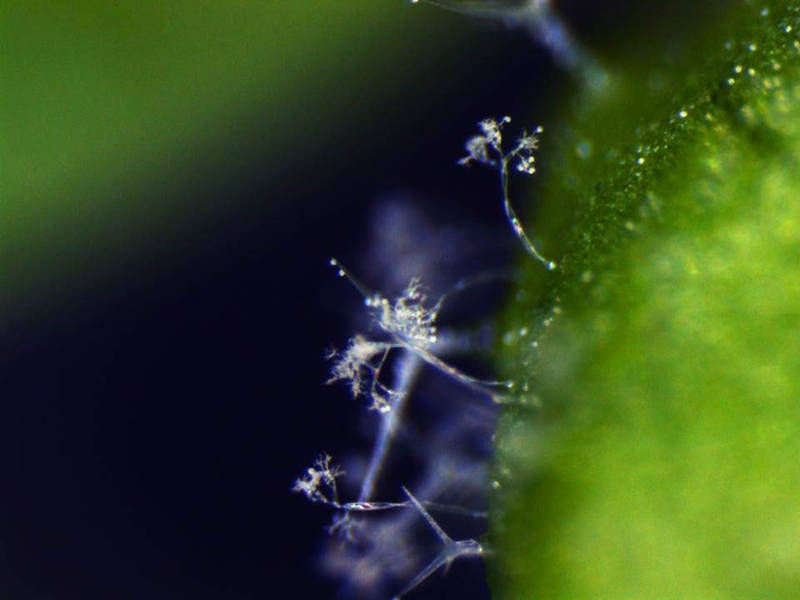New Array-Based Resequencing Approach Deepens Information Content, Speeds Next-Generation Sequencing
A group of researchers from the Cold Spring Harbor Laboratory (CSHL) and Agilent Technologies Inc. have developed a technique that complements massively parallel next-generation DNA sequencing, using custom microarrays to focus on genomic regions of high interest. The method, published in Nature Protocols, typically can be completed for a human genome in only nine or 10 days, inclusive of array captures and one Illumina Genome Analyzer run.
“Targeted resequencing through hybrid selection on custom microarrays is a direct and cost-effective route to address numerous genomic questions, including cancer genetics,” said CSHL researcher Emily Hodges, Ph.D., the first author of the paper. “The convenience of the microarrays, combined with off-the-shelf reagents, represent a resequencing platform that can easily be adapted or reconfigured to address the individual interests of the investigator.”
“We are very pleased to have worked with Dr. Gregory Hannon’s laboratory at CSHL,” said co-author Andy Bhattacharjee, Ph.D., of Agilent’s Life Sciences Division. “The on-array capture method is simple, versatile and robust, and will effectively address an important need in next-generation sequencing sample preparation. Furthermore, the customizability and simplicity of array design is easily replicated to capture portions of other sequenced eukaryotic genomes.”
Original publication: “Hybrid selection of discrete genomic intervals on custom-designed microarrays for massively parallel sequencing”; Nature Protocols, vol.4, No.6
Most read news
Organizations
Other news from the department research and development
These products might interest you
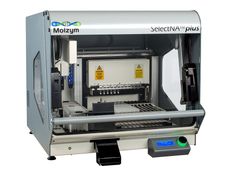
Micro-Dx™ CE IVD by Molzym
Fully automated from sample to PCR analysis
Rapid identification of bacteria and fungi without time-consuming cultivation
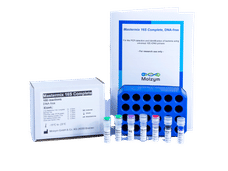
DNA-free Taq Polymerases and Mastermixes by Molzym
DNA-free reagents for unrivalled sensitivity in molecular biology
Purity that makes the difference

Recombumin® Elite by Sartorius
ICHQ7 cGMP-compliant albumin for biotechnological applications
Increase consistency and safety for gene therapies and vaccines
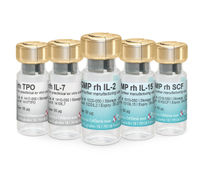
CellGenix® Growth Factors and Cytokines by Sartorius
Recombinant growth factors without animal products
Optimised cell culture for T cells and MSCs in gene therapy

Greener Alternative Products by Merck
Sustainable laboratory products for environmentally conscious research
Over 2,500 ecological alternatives to reduce your laboratory footprint

DNA/RNA Shield™ SafeCollect Collection Kits by Zymo Research
Sample collection devices for simple & safe at-home testing
Best user experience for secure self-collection

Get the life science industry in your inbox
By submitting this form you agree that LUMITOS AG will send you the newsletter(s) selected above by email. Your data will not be passed on to third parties. Your data will be stored and processed in accordance with our data protection regulations. LUMITOS may contact you by email for the purpose of advertising or market and opinion surveys. You can revoke your consent at any time without giving reasons to LUMITOS AG, Ernst-Augustin-Str. 2, 12489 Berlin, Germany or by e-mail at revoke@lumitos.com with effect for the future. In addition, each email contains a link to unsubscribe from the corresponding newsletter.
Most read news
More news from our other portals
Last viewed contents
AGILENT TECHNOLOGIES INTRODUCES MULTISIGNAL OUTPUT ACCESSORY FOR EASIER PHARMACEUTICAL DEVELOPMENT AND QA/QC
DNA Computation Gets Logical at the Weizmann Institute of Science - The world's smallest computers, made of DNA and other biological molecules, just got more "user friendly" thanks to research at the Weizmann Institute of Science
Evolution@Home
Genetic_code
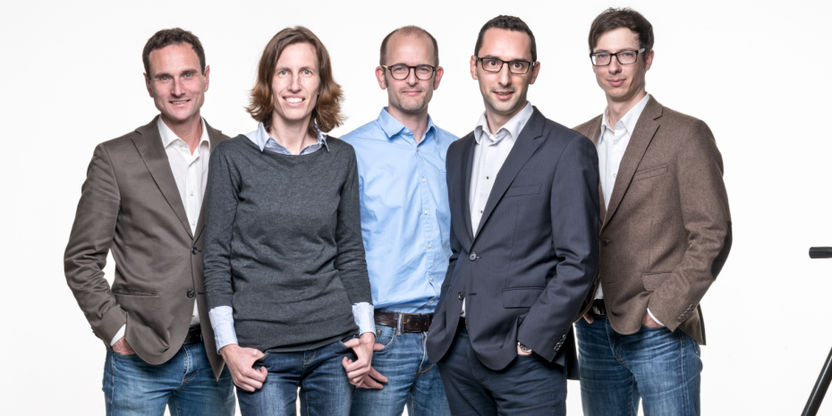
Using algorithms to track down cancer
Extensor_digitorum_reflex
Biological_network_inference
Inferior_temporal_gyrus
Transposon
